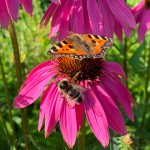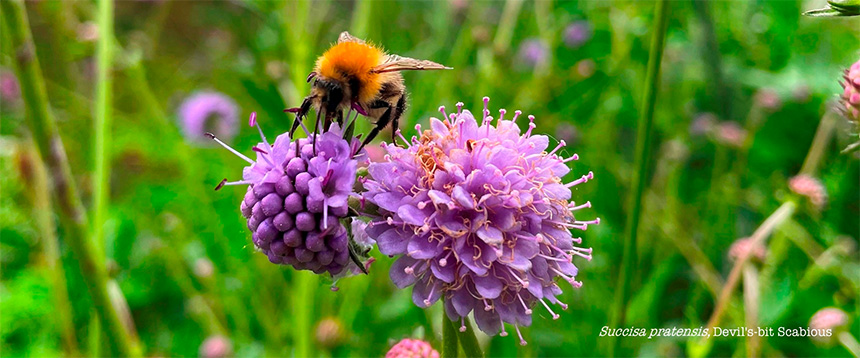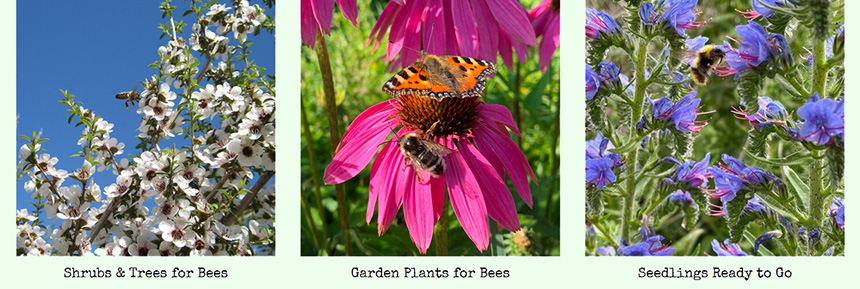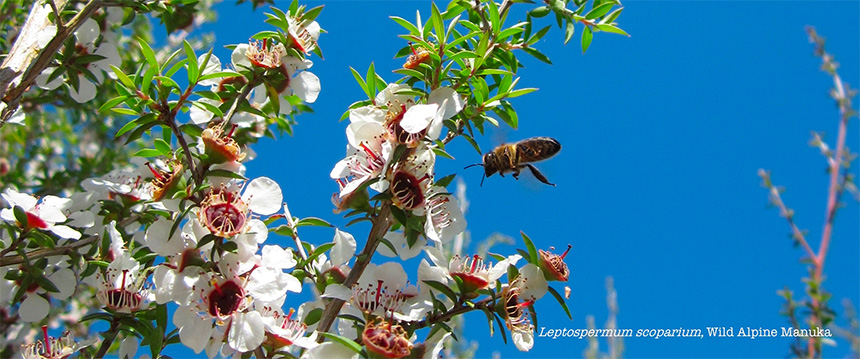
Bee Happy Plants & Seeds

.
.
.
.
- Ornamental Plants
- Ornamental Trees and Shrubs
- Tubers, Seeds, Bulbs, Corms and Cuttings
- A Ornamental Shrubs
- A Ornamental Trees
- Flower Seeds
- Heritage Varieties
- Native Plants
- Plants to Encourage Wildlife
- Seeds
- Vegetable Seeds
- Wildflower Seed
- Wildflowers
 PAGE Q.R. CODE PAGE Q.R. CODE |
||||
|
CONTACT DETAILS Telephone 01460 221815 Email info@beehappyplants.co.uk
|
 |
||
| . | ||
|
Happy Plants for Happy Bees and all pollinators Bee Happy Plants & Seeds is a propagation nursery specialist in plants for pollinators, not-for-profit UK company (number 8899290), all our plants are grown organically to encourage conservation and proliferation of plants beneficial to pollinators. The ultimate bee-friendly, wildlife-friendly plants, shrubs and trees. Certified for plant passports by DEFRA number 109891 and organic certification by Soil Association, grower number G8492, and seed merchant DMO8492 All our growing compost is 100% peat-free. |
||
| . | ||
 |
||
|
We grow wild-species plants as have evolved with pollinators over millions of years, and raised from seed, as nature intended. Also heritage variety seed which has been bred open-pollinated with bees over many generations. All our plants produce pollen and nectar in return for pollination, which produce fruit and seed. Our organic seed is produced on certified organic land and is guaranteed free of pesticides, all the other seed we sell is guaranteed un-treated. ‘An estimated 20,000 flowering plant species, upon which many bee species depend for food, could be lost over the coming decades unless conservation efforts are stepped up’(The United Nations Environment Programme (UNEP) warned in their recent Global Bee Colony Disorders and other Threats to Insect Pollinators report). Wild flowering plants have evolved over millennia to support their pollinators with perfect forage rewards in return for pollination, and have the ability, through diverse gene-pools, to evolve and survive changing climatic conditions. |
||
| . | ||
 |
||
